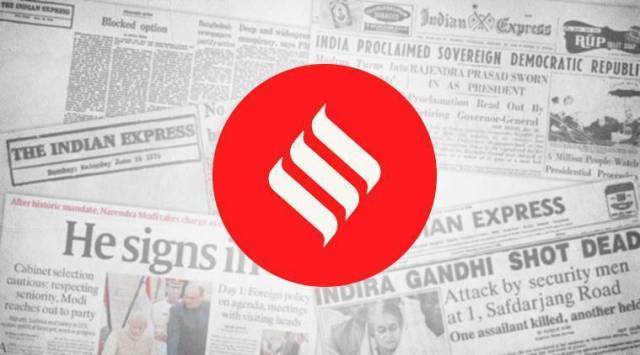
The nation has joined ranks in the face of the unprecedented public health and economic crises. Everyone is playing their part, including those who are contributing with forbearance and patience in tiding over the lockdown, even at the risk of hunger. In his televised speeches to the nation, the prime minister has urged citizens and civil society to step forward and join the fight. He included the media in the essential services — accurate information is high-calibre ammunition in this global battle against a poorly understood foe. Yet, globally, it is also being feared that in such extraordinary circumstances, under cover of crisis, governments are likely to assume extraordinary powers, weakening checks and balances and countervailing institutions. Two recent incidents in India would suggest that this fear is not baseless.
Across regimes, and irrespective of political inclination, a mistrust of non-governmental organisations (NGOs) and the media has developed and entrenched itself in the political establishment. It is also true that many NGOs have strayed, and some organisations, notably in the electronic media, have jettisoned ethics and responsibility to mutate into super-spreaders of the communal virus. At the same time, the overwhelming majority do their duty, and are serving, anonymously and selflessly, at the frontlines in the current crisis, reaching food and providing shelter to those who are stranded and in need. Showing sweeping suspicion, at a time when every ally counts, the ministry of home affairs, which has oversight over NGOs, has commanded those which receive foreign funds to report their COVID-19-related activities every 15 days. This public service by fiat deepens distrust at a time when NGOs can play a vital role in ameliorating humanitarian distress in the lockdown.
The Uddhav Thackeray government in Maharashtra, which is otherwise drawing attention for its effective and calming interventions in the ongoing crisis, has arrested a reporter of the ABP Majha channel, connecting his despatches with the unrest among migrant workers at Bandra West station this week, when it was rumoured that trains had started running. The channel has forcefully rejected accusations. Indeed, arrest or any other form of censorship is a completely wrong-headed response by the state. At this time, and through the delicate period of the unlocking which lies ahead, civil society and the providers of essential services will remain critical elements of the response to the pandemic. If anything, they deserve acknowledgement and support, not paternalistic attempts to discipline and punish.